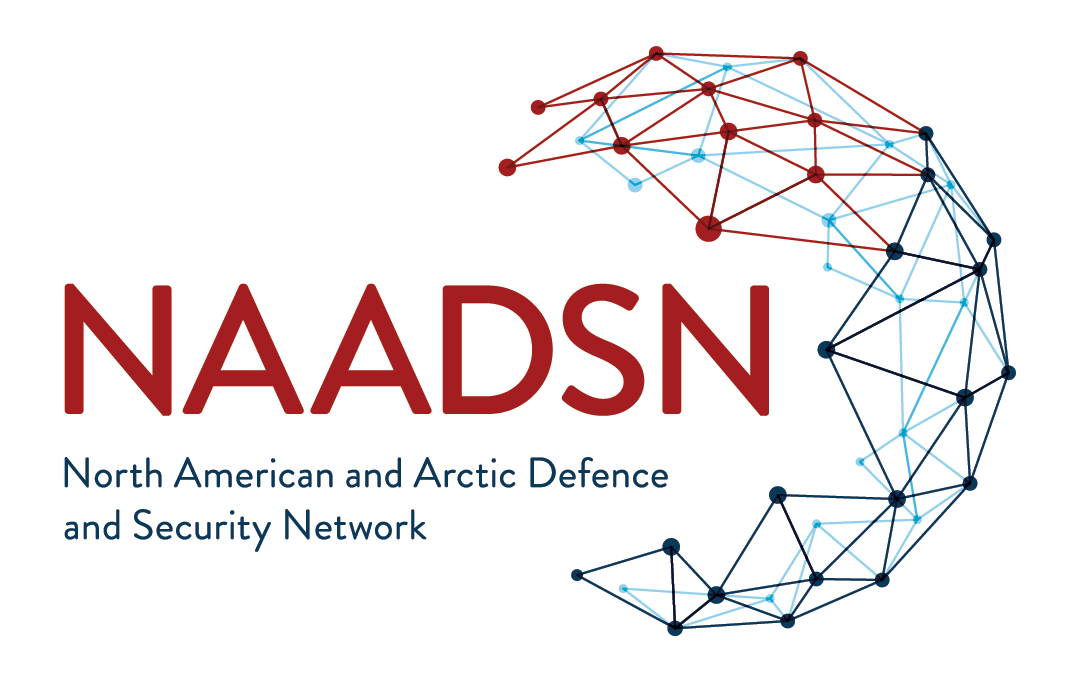The webinar is the first of a longer webinar series hosted by the Artificial Intelligence Institute and Drs. Bessma Momani and Jean-François Bélanger at
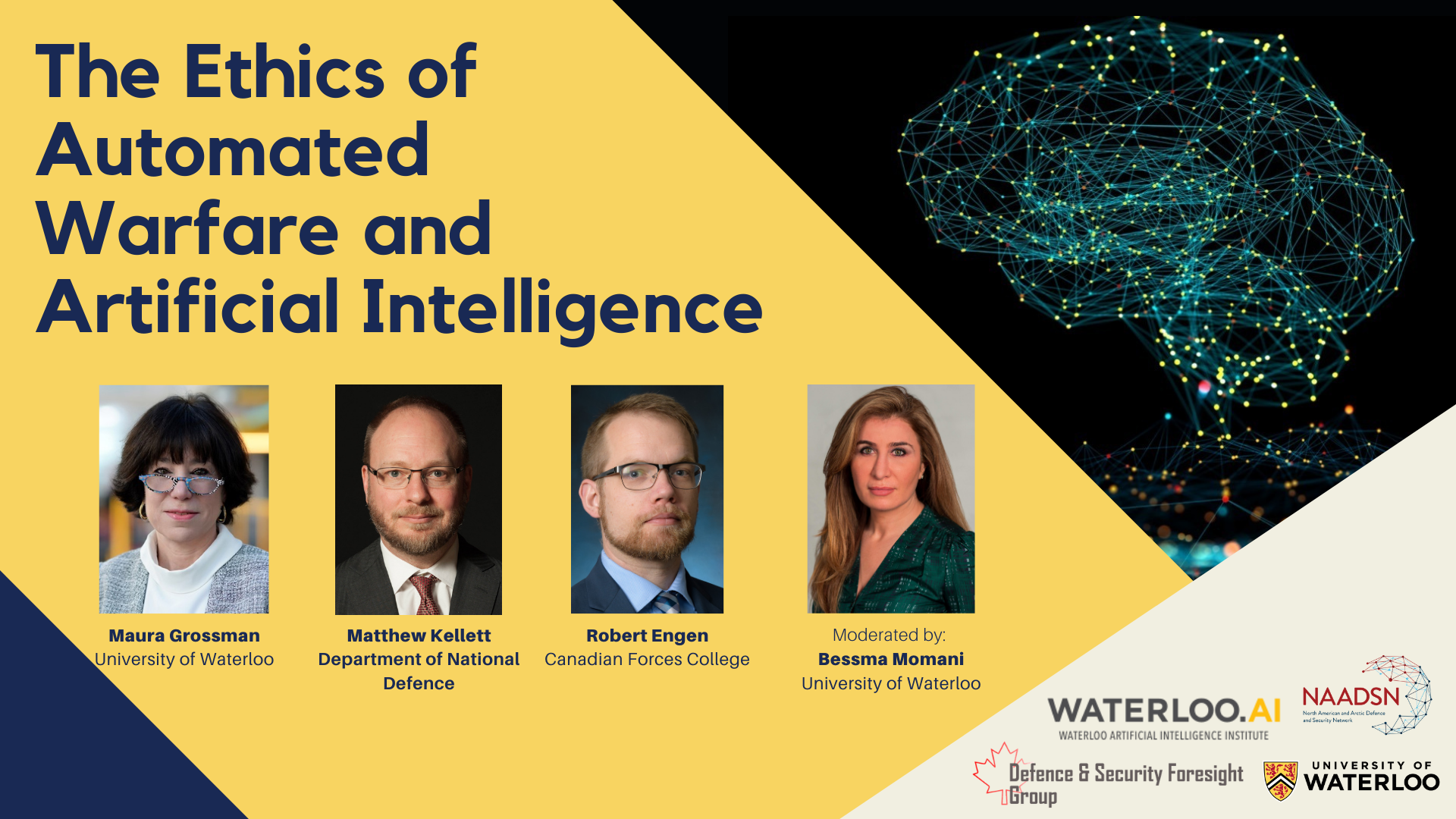
Our first webinar will explore how interconnected the development of artificial intelligence and warfare is. This is a broad question, but one that is the overarching backbone of this webinar series. Discussions around the military application of AI are nothing new, and have sparked their lot of controversy, including the “Stop Killer Robots” campaign that has seen important AI scholars advocate against AI automated warfare. As the opening webinar, panelists will be tasked to define for the audience what artificial intelligence is, what it has been used for in the military context, and the state of the art today.
We are excited to be collaborating with the AI Institute at the University of Waterloo, as well as the North American and Arctic Defence and Security Network on this joint webinar providing an overview of the state of AI in Canadian defence and security.
Panelists
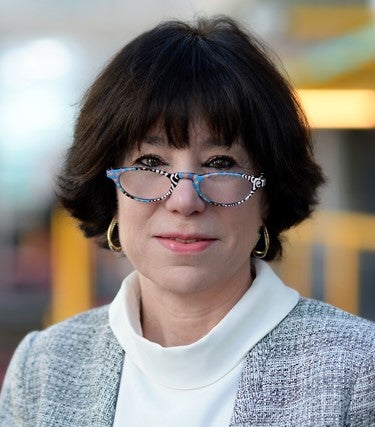
Maura Grossman, University of Waterloo
Dr. Maura R. Grossman is a Research Professor in the School of Computer Science at the University of Waterloo, an Adjunct Professor at Osgoode Hall Law School, and an affiliate faculty member of the Vector Institute, all in Ontario, Canada, as well as an eDiscovery attorney and consultant in Buffalo, New York. Previously, she was of counsel at Wachtell, Lipton, Rosen Katz, where for 17 years, she represented Fortune 100 companies and major financial institutions in civil litigation and white collar criminal and regulatory investigations, and advised the firms lawyers and clients on legal, technical, and strategic issues involving eDiscovery and information governance, both domestically and abroad.
Maura is a well-known and influential eDiscovery expert. She was described in Whos Who Litigation E-Discovery Analysis as sensational according to her peers and . . . a go-to in the area, and by Chambers Partners USA Litigation: E-Discovery as the best-known person in the area of technology-assisted review; a superstar among superstars. Mauras scholarly work on TAR, most notably, Technology-Assisted Review in E-Discovery Can Be More Effective and More Efficient Than Exhaustive Manual Review, published in the Richmond Journal of Law Technology in 2011, has been widely cited in case law, both in the U.S. and abroad. Her longstanding contributions to eDiscovery technology and process were featured in the February 2016 issue of The American Lawyer and in the September 2016 ABA Journal where she was recognized as a 2016 Legal Rebel. In 2017, Maura was one of 10 additions to the ABAs list of Women in Legal Tech; was named to the Fastcase50 list, which honors the years smartest, most courageous innovators, techies, visionaries, and leaders in the law; and was honored by the Association of Certified E-Discovery Specialists (ACEDS), and Women in eDiscovery (WiE) as one of the women who have served as pioneers and innovators in eDiscovery and legal technology.
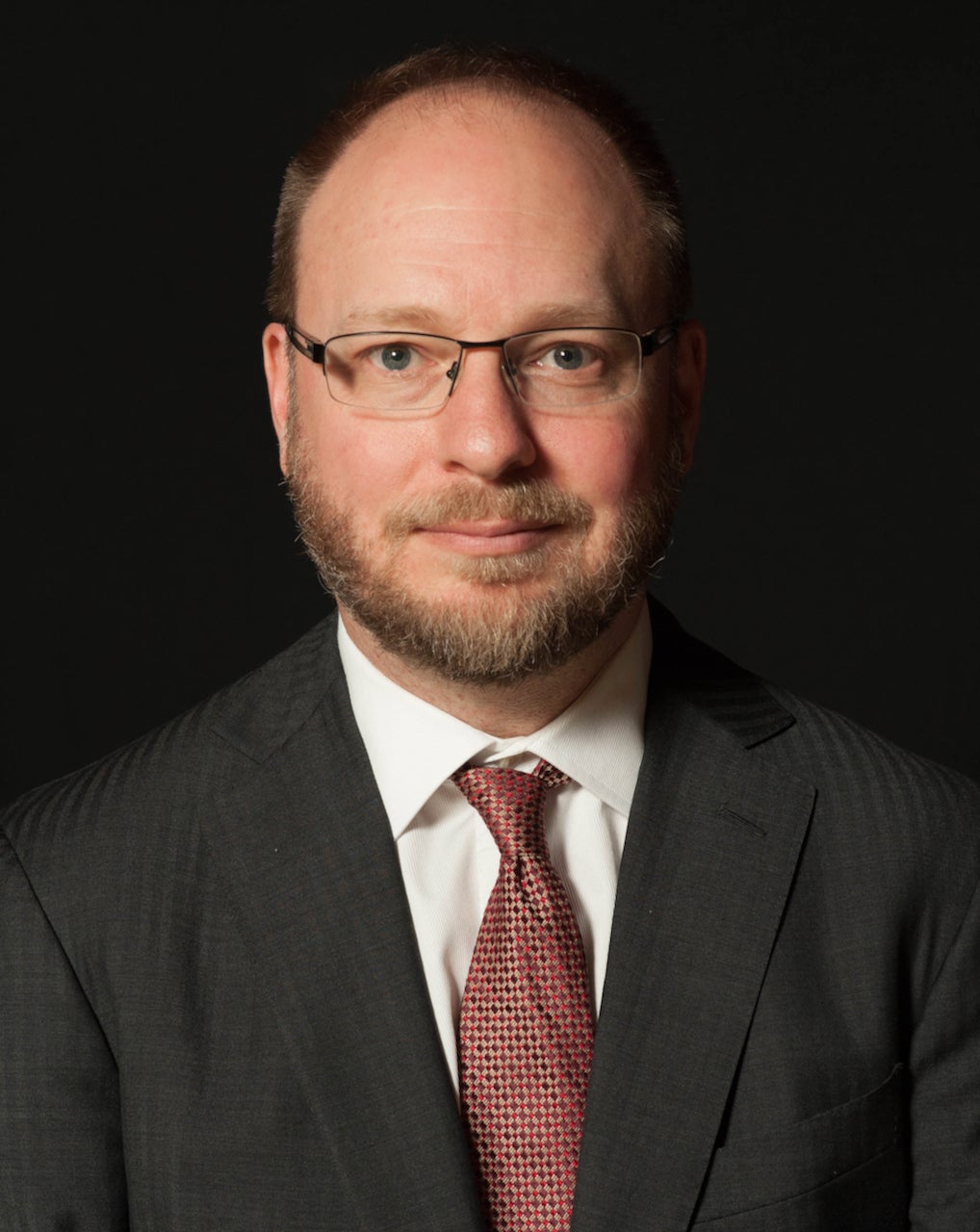
Matthew Kellett, Department of National Defence
Dr. Matthew Kellett joined the Department of National Defence in 2002. He spent 15 years with Defence Research and Development Canada, first as scientific support and then as a defence scientist, researching the security of military wireless networks, intelligence support to cyber operations, and cybersecurity metrics. He joined the Assistant Deputy Minister (Information Management) in 2017 as the Special Advisor to the newly created Joint Force Cyber Component Commander. In addition to giving trusted technical advice to the commander and the senior leadership of ADM(IM), Dr. Kelletts work is focussed on the development and operationalization of the Canadian Armed Forces cyber operations capability. He holds a Ph.D. from the University of Ottawa in theoretical computer science, specifically in the design and analysis of distributed algorithms/network protocols. Hes an avid cyclist and runner and a long-time member and former President of the Ottawa Curling Club.
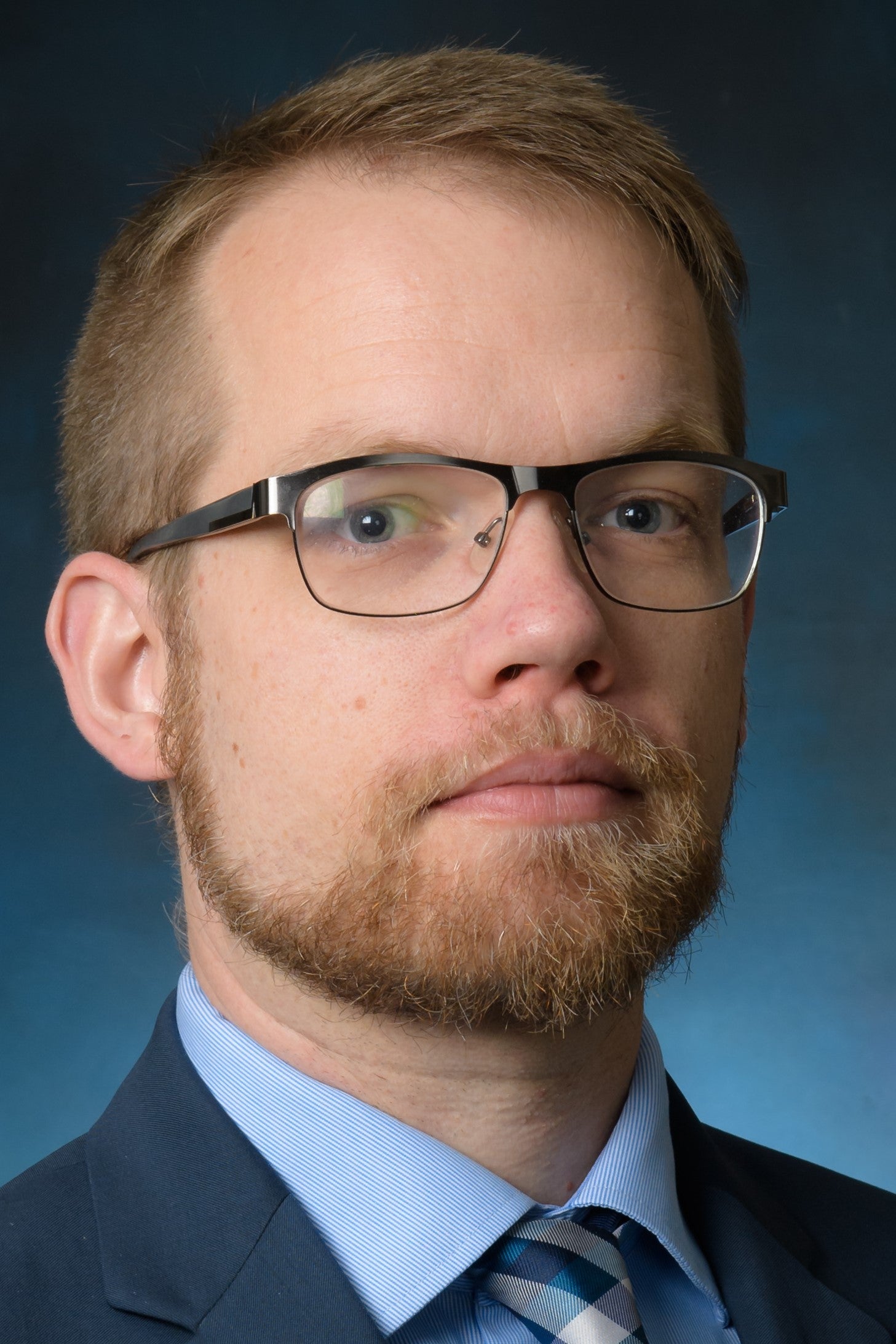
Robert Engen, Canadian Forces College
Dr Robert Engen holds a BA (Hons) from the University of Calgary, and both an MA and a PhD in History from Queens University. He held an SSHRC post-doctoral fellowship at the Royal Military College of Canada, and subsequently worked as an assistant professor in the Department of History before joining the staff of the Canadian Forces College. He worked as project historian for the Battle of Hill 70 Memorial Project, is co-director of the Second World War Research Group North America Branch, is a fellow of the Centre for International and Defence Policy, and is a member of the college of peer reviewers for the Canadian Institute for Military and Veterans Health Research.
Dr Engen is the author of two books: Canadians Under Fire: Infantry Effectiveness in the Second World War, and Strangers in Arms: Combat Motivation in the Canadian Army. He is also co-editor of Military Education and the British Empire. He has had articles published in Canadian Historical Review, Journal of Military, Veterans and Family Health, Canadian Military History, and Canadian Army Journal. He is lead editor of a forthcoming volume on the Canadian experience of combat motivation.
He is in the final stages of completing the first of a two-volume history of force health protection and disease prevention in the British Commonwealth armies during the Second World War. His next major research project will be a critical examination of the applications of artificial intelligence to the modern battlefield, with an emphasis on ramifications for the human dimensions of warfare.
Moderator
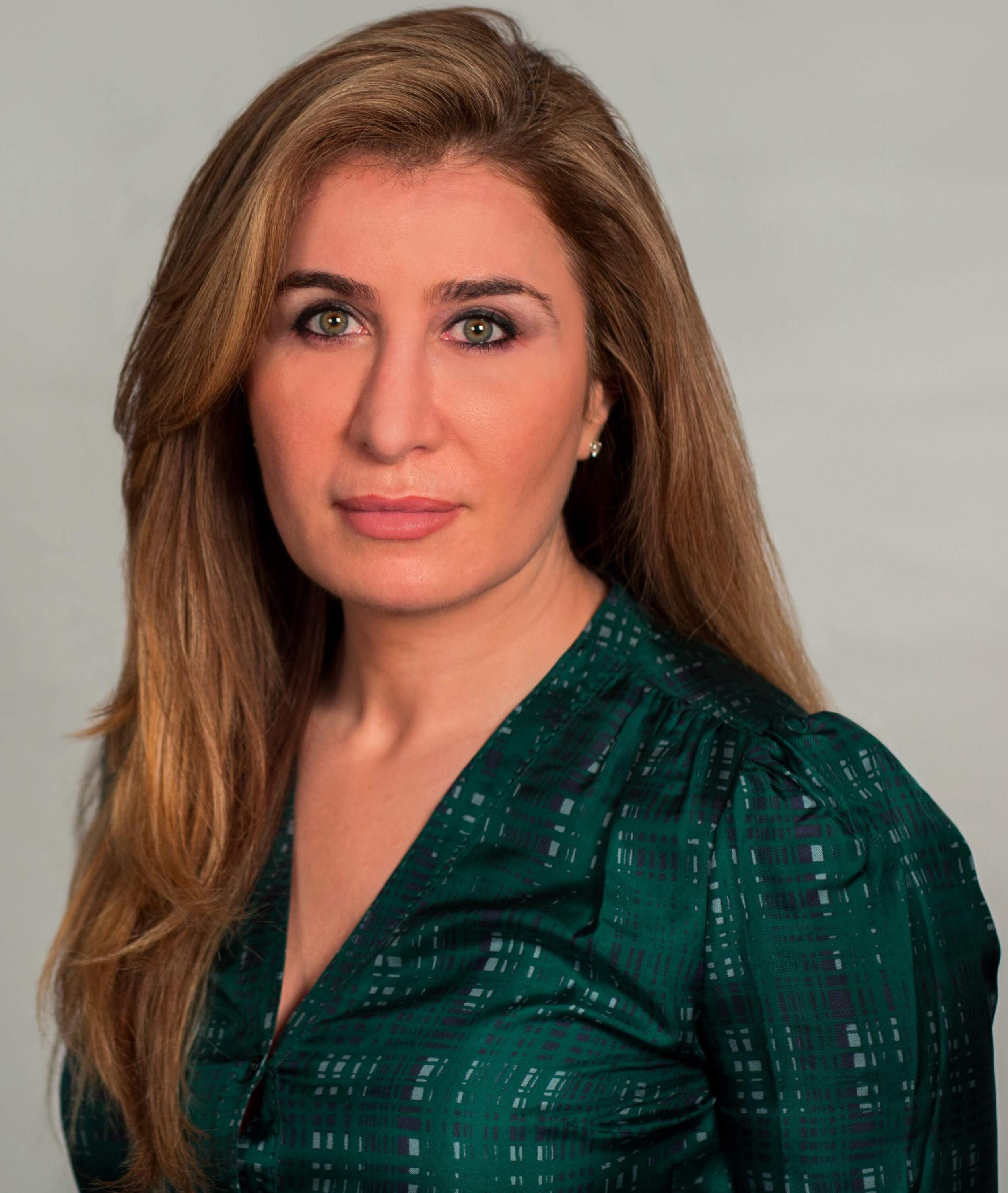
Bessma Momani, University of Waterloo
Dr. Bessma Momani is Full Professor in the Department of Political Science and Assistant Vice-President, Research and International in the Office of Research at the University of Waterloo. She is a senior fellow at the Centre for International Governance Innovation and non-resident fellow at the Arab Gulf States Institute in Washington, DC, and a Fulbright Scholar. She was interim Assistant Vice-President, International at the University of Waterloo, a 2015 fellow of the Pierre Elliott Trudeau Foundation and also previously served as a non-resident senior fellow at the Brookings Institution and at the Stimson Center in Washington, DC, and was a visiting scholar at Georgetown Universitys Mortara Center. She has worked as a consultant to the International Monetary Fund, both in the communications office and the Independent Evaluation Office.
Bessma currently sits on the board of the Pierre Elliott Trudeau Foundation and serves as an adviser to the National Security Transparency Advisory Group at Public Safety Canada. She is currently consulting for Global Affairs Canada as a Visiting Scholar in its International Assistance Research and Knowledge Division by looking at economic security in the Middle East with a particular focus on women and youth.
